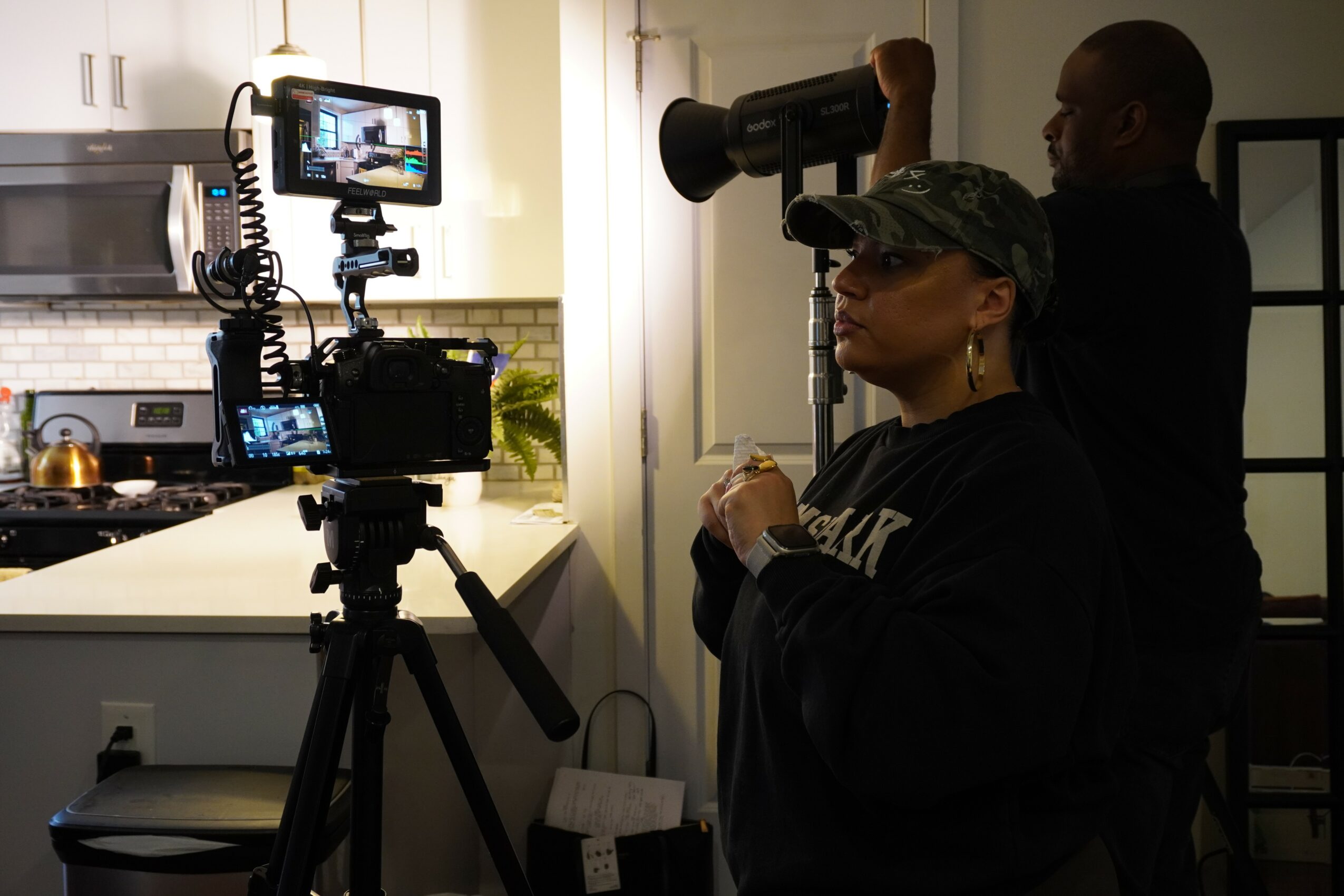

We recently had the chance to connect with Aurea González and have shared our conversation below.
Good morning Aurea, it’s such a great way to kick off the day – I think our readers will love hearing your stories, experiences and about how you think about life and work. Let’s jump right in? What do you think others are secretly struggling with—but never say?
Hello! Thanks for having me. I guess we’re diving off the deep end here, huh?
Well, to be honest, I think many people are secretly struggling with how to make money while keeping their dreams alive in today’s overly inflated economy. Life isn’t linear, and for those of us who weren’t handed a silver spoon, staying the course can feel like a constant balancing act.
This past year, I’ve personally been trying to figure out how to find financial stability without giving up on my purpose. I’ve come too far to quit now. If God ever needs me to reroute, I’ll do it — but I’ll do so knowing it’s only a redirection, not a dead end. I’m still learning to get comfortable with being uncomfortable, whether that means I need to work hard in support of others’ dreams so that I can eventually fund my own, or still struggle a bit to make my own way happen and be successful.
It’s difficult to admit these things, especially after years in the industry and reaching a certain level of maturity where people expect you to “have it all figured out.” But the truth is, many of us don’t — and that’s okay. One day you’re “in” or “busy” and the next you’re not. That’s the thing about being an artist, you can always create, but will always be paid for creating?
Shame and embarrassment often keep people from sharing their journeys authentically, but I’ve learned that vulnerability connects us more than perfection ever could. The money will come and go, but we have to remind ourselves to flow with it — and trust that every redirection is simply protection in disguise.
Can you briefly introduce yourself and share what makes you or your brand unique?
My name is Aurea González, though musically I go by Aurea G. I’m the founder of Limitless Media Productions, a media and production company I launched in February 2024 as an extension of my lifelong passion for storytelling in all its forms.
Before founding my company, I spent over a decade in the entertainment industry as an actor, model, and visual storyteller. I released my first and only single in 2020, but even then, I knew my artistry wasn’t confined to music — I’ve always been drawn to the visual side of storytelling, to the way images, sound, and emotion can collide to create something that moves people.
To deepen my understanding of the craft outside of academia, I spent five to six years working on billion-dollar film and television sets, learning production from the inside out. Like many filmmakers who couldn’t afford traditional film school, I chose to learn by doing — by observing, absorbing, and contributing behind the scenes. Those years were my education: a masterclass in collaboration, problem-solving, and the rhythm of large-scale storytelling.
When I picked up a camera for the first time, something just clicked. I began conceptualizing, filming, and editing visual content for small brands — long-form campaigns and social media pieces that told stories with impact. In that process, I taught myself how to direct, shoot, and edit, discovering that my passion for storytelling wasn’t just about being in front of the camera, but about creating worlds behind it.
After writing my first feature screenplay — a deeply personal story that remains in development — I realized that in order to bring my vision to life, I needed to start small, build momentum, and earn trust in the indie space. So I began directing and producing short films. One is now in post-production, while another was shelved — but both taught me invaluable lessons about creative resilience, leadership, and the power of collaboration.
Today, Limitless Media Productions is my vessel for everything I believe storytelling can be: bold, raw, inclusive, and transformative. Based in New York, New Jersey, and Pennsylvania, LMP operates as a multi-media creative house—producing film, branded content, and collaborative projects that spotlight authentic human experiences and underrepresented voices.
Through this company, I wear many hats — Director, Producer, Writer, Actor, Coach, and Consultant — but every role serves one purpose: to help stories find their voice. I’m interested in building bridges between art and impact, between creators and communities, between vision and execution.
At its core, Limitless Media Productions represents more than a company name — it’s a philosophy. It’s the belief that storytelling has no boundaries, and that through creativity, collaboration, and courage, we can make the invisible seen and the unheard heard.
Because storytelling, like the human spirit, should always be limitless.
Amazing, so let’s take a moment to go back in time. What part of you has served its purpose and must now be released?
While my past has shaped who I am, I am very proud to release the version of me that was always attached to my trauma.
Growing up, life was hard. I was in the foster care system. I was abused. I was manipulated and constantly taken advantage of by my mentally ill biological mother, who lied to me for decades — until I placed and kept a firm boundary around her access to me. That was one of the hardest and most freeing things I’ve ever had to do.
Ten years ago, I attempted suicide. I struggled heavily with processing emotions — for someone who could feel all the emotions at once. I was impulsive. I was erratic. I was depressed. I was a lot of things I was taught to be through projected trauma and my own experiences.
For years, I blamed others for my pain — and in doing so, I caused pain to people I cared deeply about too. Not because I wanted to, but because I didn’t yet know how to exist outside of survival mode. I didn’t know how to love from a place of safety, or how to trust that not everyone that entered my life came to take something from me. I really struggled with abandonment issues too.
As a child, you are powerless. But as an adult, you are not. Through years of therapy, rebuilding my relationship with God, and actively choosing to live a life of intentionality, I’ve realized that my past is not who I am — it’s simply what I experienced. We are not our experiences.
It takes an incredible amount of courage to heal from the things that broke you. For a long time, I identified with themes of brokenness and orphanhood, because that’s all I knew. I used to believe love wasn’t meant for me in the way others experienced it. And while I may never have a healthy, loving relationship with parents like so many people do, I’ve learned to focus on the love I’m not short of — the love that exists in friendships, in my chosen family, in art, in faith, in myself. That perspective keeps me grounded, present, and grateful.
Detachment has taught me to see those who hurt me as individuals navigating their own pain long before they ever had a connection to me. I’ve learned that forgiveness and boundaries can coexist, and that both are acts of self-respect.
Now, I’m learning to release everything that doesn’t serve me. Because to make space for peace, you have to let go of what disrupts it. I want to create room for joy, love, creativity, and all that this world has to offer — without the weight of what once was.
I am not my trauma.
I am not what happened to me.
I am what I choose to become.
And I’m finally allowing myself to receive everything I once believed I didn’t deserve.
When did you stop hiding your pain and start using it as power?
After my suicide attempt in May 2015, I could’ve stayed quiet about it. I could’ve buried it, kept smiling, and pretended everything was fine. But the next semester — my final one in college — my senior thesis ended up being an integrated marketing campaign about depression and anxiety in college students.
At first, I thought God was laughing at me. It felt like some kind of cruel joke. But it wasn’t. It was alignment. It was God saying, “You’re not done yet.”
That project forced me to confront what I had been avoiding my whole life. It gave me language for what I was feeling. I started publishing articles, creating multimedia campaigns, and even winning awards for my work in mental health advocacy. But more than that, I started talking about it. Out loud.
That was huge — because in Latin American communities, talking about suicide or mental illness is taboo. It’s “embarrassing.” It’s “a bad look.” But I didn’t care anymore. The silence was killing people. And I wasn’t going to be one of them again.
I didn’t grow up knowing how to deal with pain. Both my biological and adoptive mothers attempted suicide several times. Depression filled the house, but no one ever called it that. It was just something you survived. There wasn’t a roadmap, just habits — drinking, shutting down, lashing out. For me, it was self-harm.
And when I look back now, I realize it all came down to one thing: I didn’t love myself. I didn’t feel loved. I didn’t feel worthy of love. And when you don’t feel worthy of love, you stop wanting to exist. That’s a brutal truth to live with, especially when you grow up thinking love is supposed to hurt.
During that senior project, I launched a campaign to integrate mental health awareness programs in NYC public schools, because nobody talked about it when I was growing up. Not once. It was this unspoken venom that kept people sick with shame. But if you can’t name what’s hurting you, how can you ever heal it?
Talking about my attempt and everything that came after took away its power over me. It stopped being a secret, and it became a story. Transparency became my freedom. Every time I spoke it, I reclaimed a piece of myself. Every time I wrote about it, it became art.
And no, I wouldn’t recommend a week in a public psych ward — but I will say, the Harlem Hospital psych unit gave me enough writing material for a lifetime.
That experience taught me something I’ll never forget: pain can either bury you or build you. I chose to build. I turned my pain into purpose, into storytelling, into connection. Because when you take what tried to destroy you and use it to help someone else — that’s real power.
And that brings me to screenplays.
A lot of my work now revolves around raw, human, and often heartbreaking experiences — the kind that hit deep because they’re real. People don’t just want to be entertained; they want to be seen. Articles help — they open the door — but movies? Movies walk you through it.
Film gives people permission to feel. To process. To see themselves reflected without shame. Art is therapy for the ones who can’t afford therapy, or who are too afraid to face it head-on. That’s what fuels my filmmaking — taking everything I’ve lived through, everything I’ve learned to survive, and turning it into stories that speak for the ones still trying to find their voice.
Because that’s what storytelling is supposed to do.
Not just to entertain — but to heal.
So a lot of these questions go deep, but if you are open to it, we’ve got a few more questions that we’d love to get your take on. What are the biggest lies your industry tells itself?
“Oh man — Artificial Intelligence works. That’s the one,” I say without hesitation.
The industry keeps trying to convince itself that AI can replace human emotion. That digital actors can tell the same stories that real people live, breathe, and bleed for. But let’s be honest — no algorithm can replicate the truth behind a human heartbeat.
I don’t know who thought this was a good idea, but in many ways, I believe this is the industry’s backlash — a punishment for artists and unions who dared to fight for fair pay and creative respect. We’ve demanded compensation that matches the labor we pour into pre-production, production, and post-production, and now it feels like the studios’ response is: “Fine. We’ll build something that doesn’t need you.”
Greed is a dangerous thing. Actors like myself are already fighting to survive in an oversaturated, underpaid market. Jobs are disappearing. Writers I know — brilliant ones — have been forced back into freelance work just to make ends meet.
But as painful as this era is, it’s also revealing something beautiful: community. Artists are leaning on one another, creating independently, building worlds and work that the conglomerates can’t touch. The soul of this industry doesn’t live in boardrooms — it lives in collaboration.
So sure, studios can use AI to write their stories, act in their movies, and “save” their money. But humans know when something is real, because they can feel it.
And let’s be honest… does Tilly Norwood have a soul?
Didn’t think so.
Because art — real art — comes from the soul. And that’s something no machine will ever possess.
Okay, so let’s keep going with one more question that means a lot to us: When do you feel most at peace?
I feel most at peace when I’m grounding in nature. Recently, I took a trip to the mountains with my partner and his aunties — we went hiking, had lunch by the lake, watched good movies, and ate amazing food. It was simple, but it was everything.
There’s something about touching grass, breathing in mountain air, drinking mineral water from a well, and being surrounded by the elements that brings me a calm I can’t find anywhere else. Nature is the closest thing I have to God — and God has given me soooo much peace.
And I know it’s probably ironic, because I grew up in the hustle and bustle of New York City. But my soul craves peace and quiet now. Simplicity. Stillness. Space to breathe.
So definitely, it’s nature for me. I love the beach, I love the mountains, I love a good campfire. Honestly, at this point, I’m ready for a barndominium — a cozy home in the woods with a lake view, a fire pit, and nothing but peace all around. That’s my happy place.
Contact Info:
- Website: https://aureaofficial.com
- Instagram: https://instagram.com/aureagofficial
- Twitter: https://x.com/aureagofficial
- Facebook: https://Facebook.com/aureagofficial
- Youtube: https://www.youtube.com/c/aureag
- Other: https://www.imdb.com/name/nm8422503/?ref_=nv_sr_1
https://vimeo.com/aureagonzalez
https://distrokid.com/hyperfollow/aureag/mejor
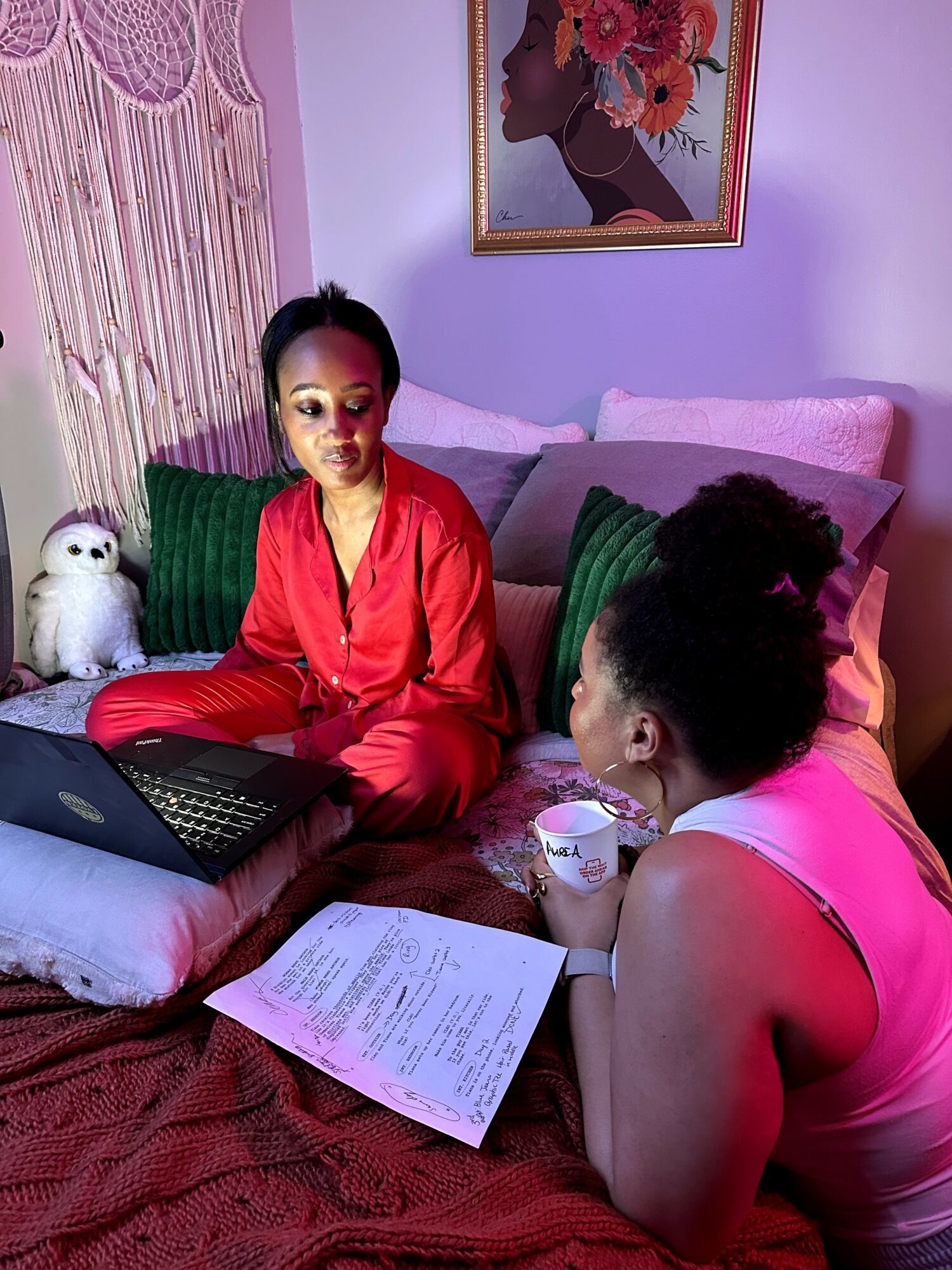
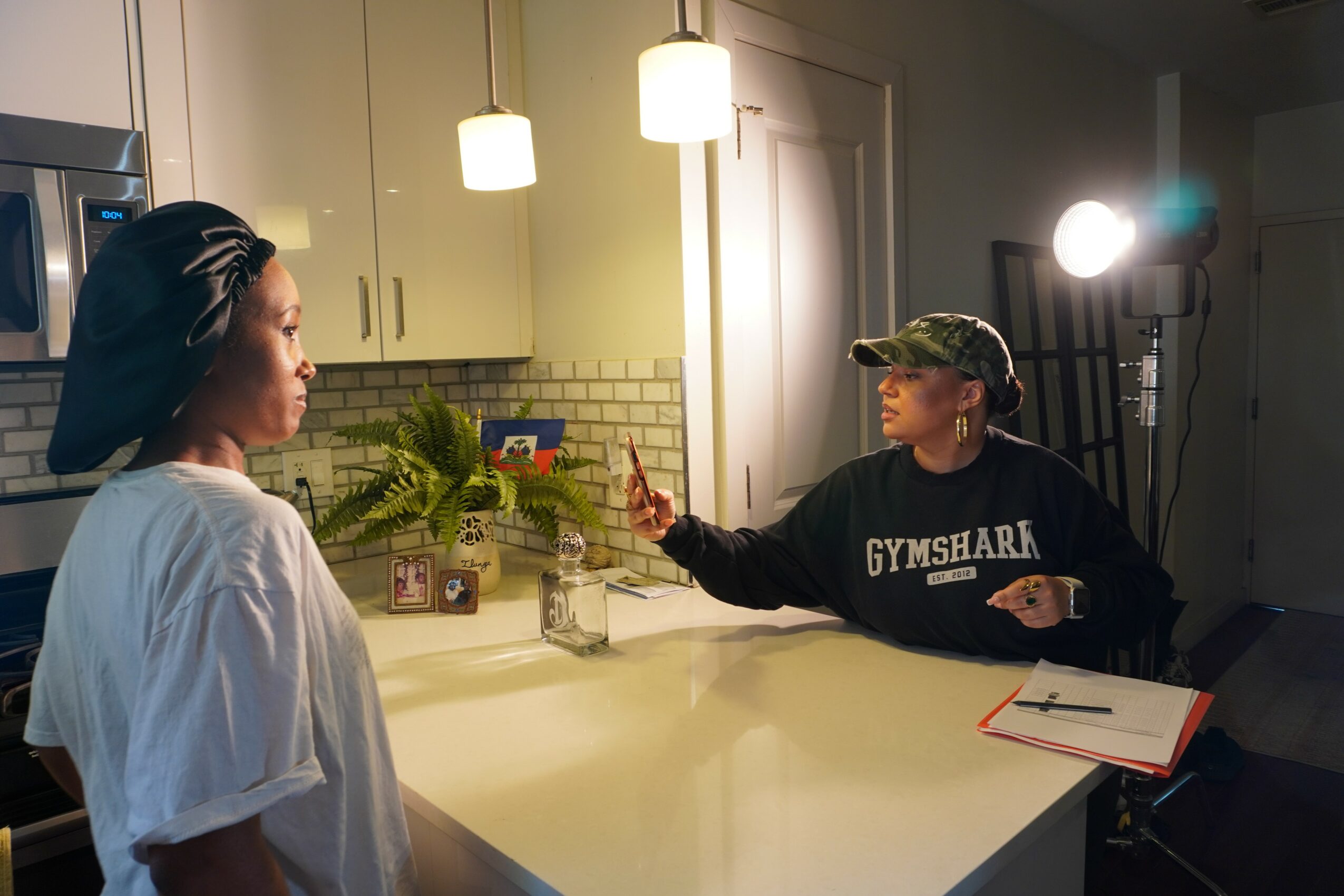
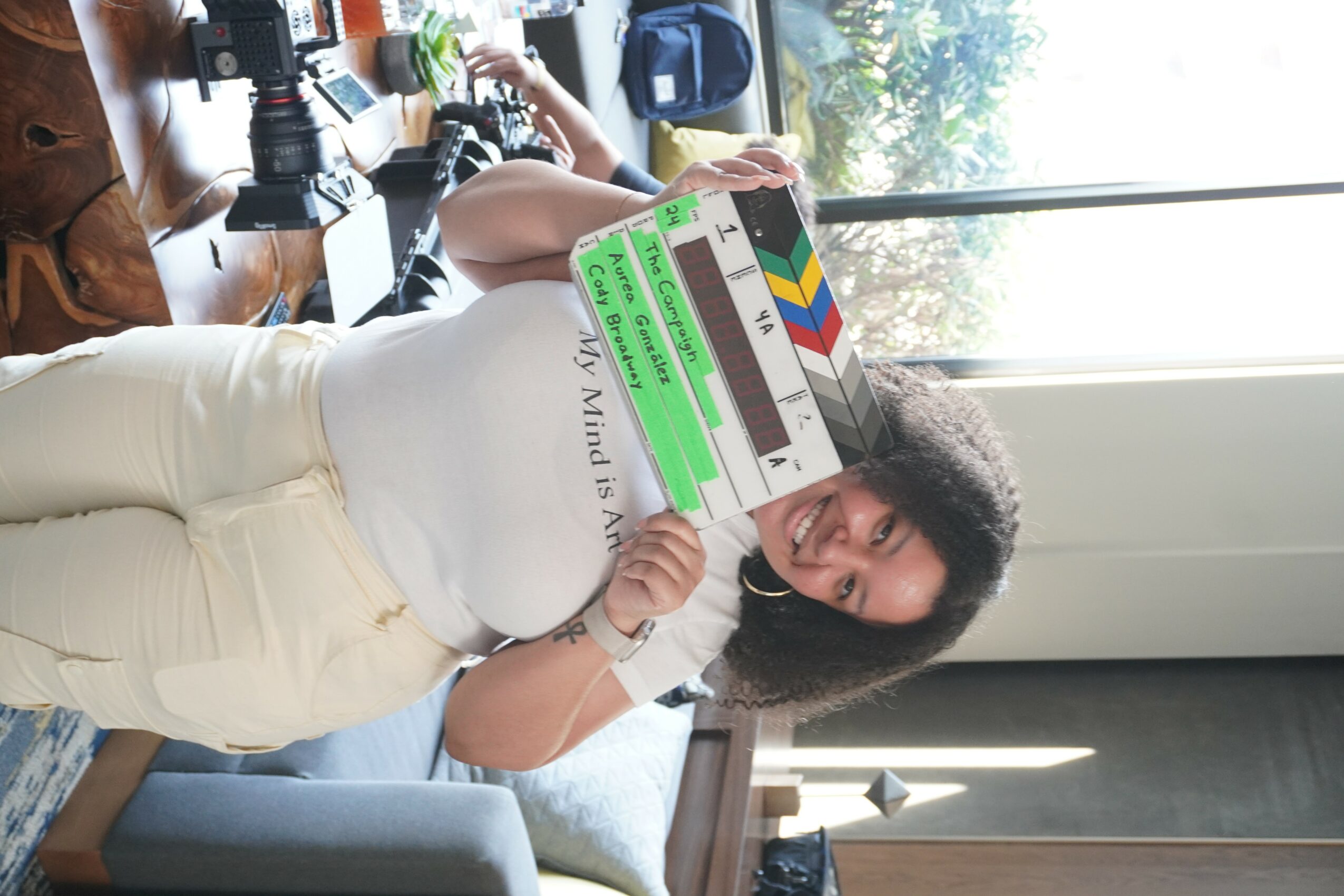
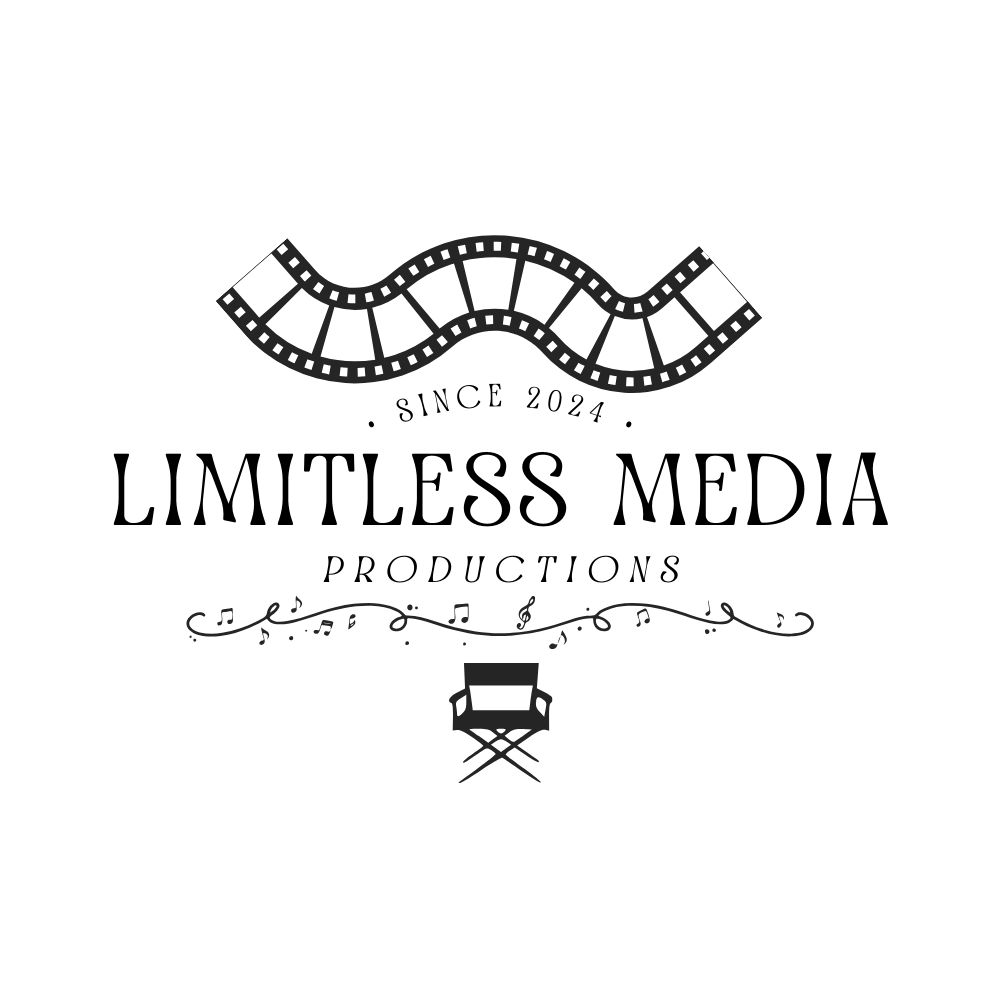
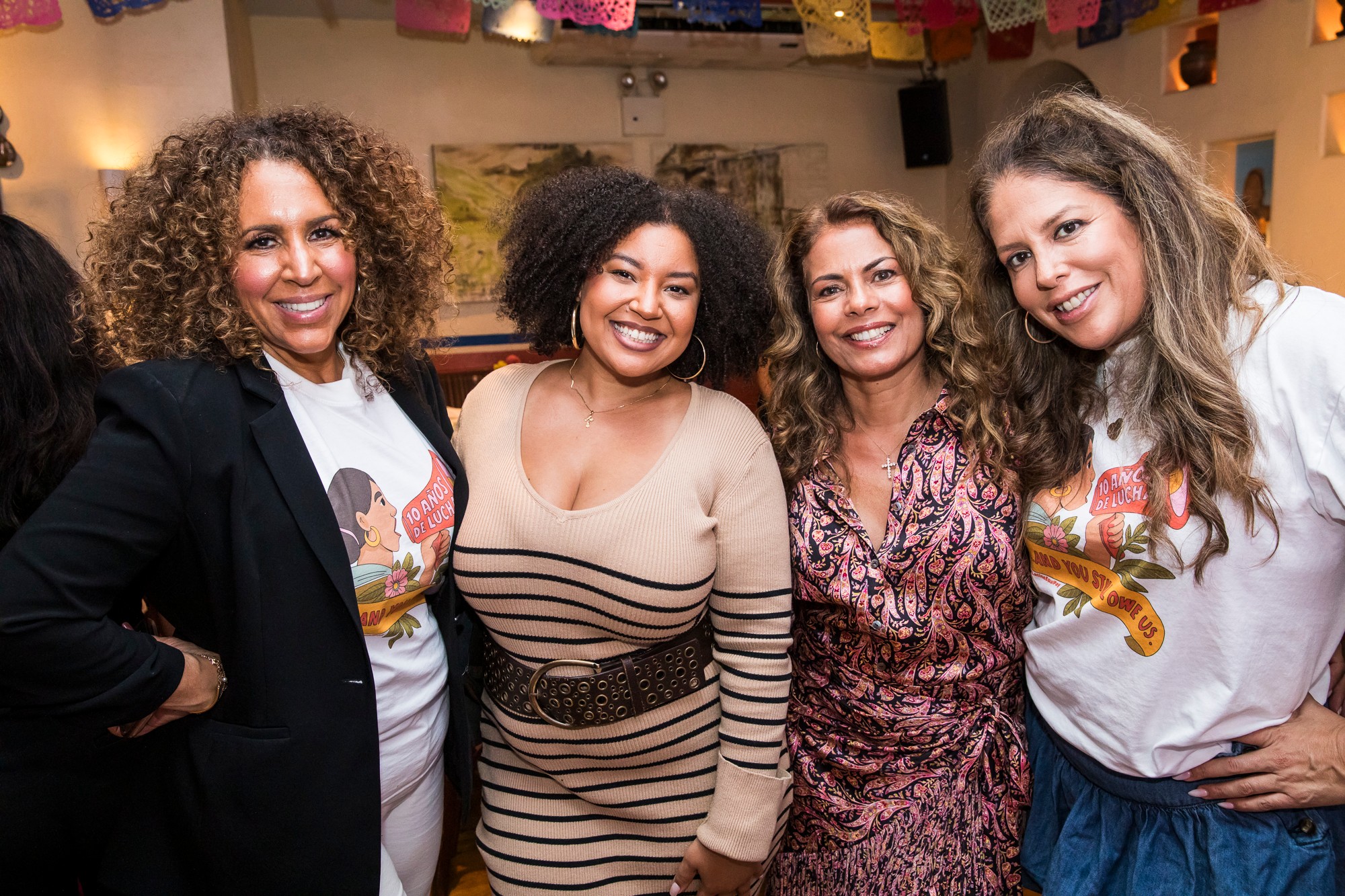
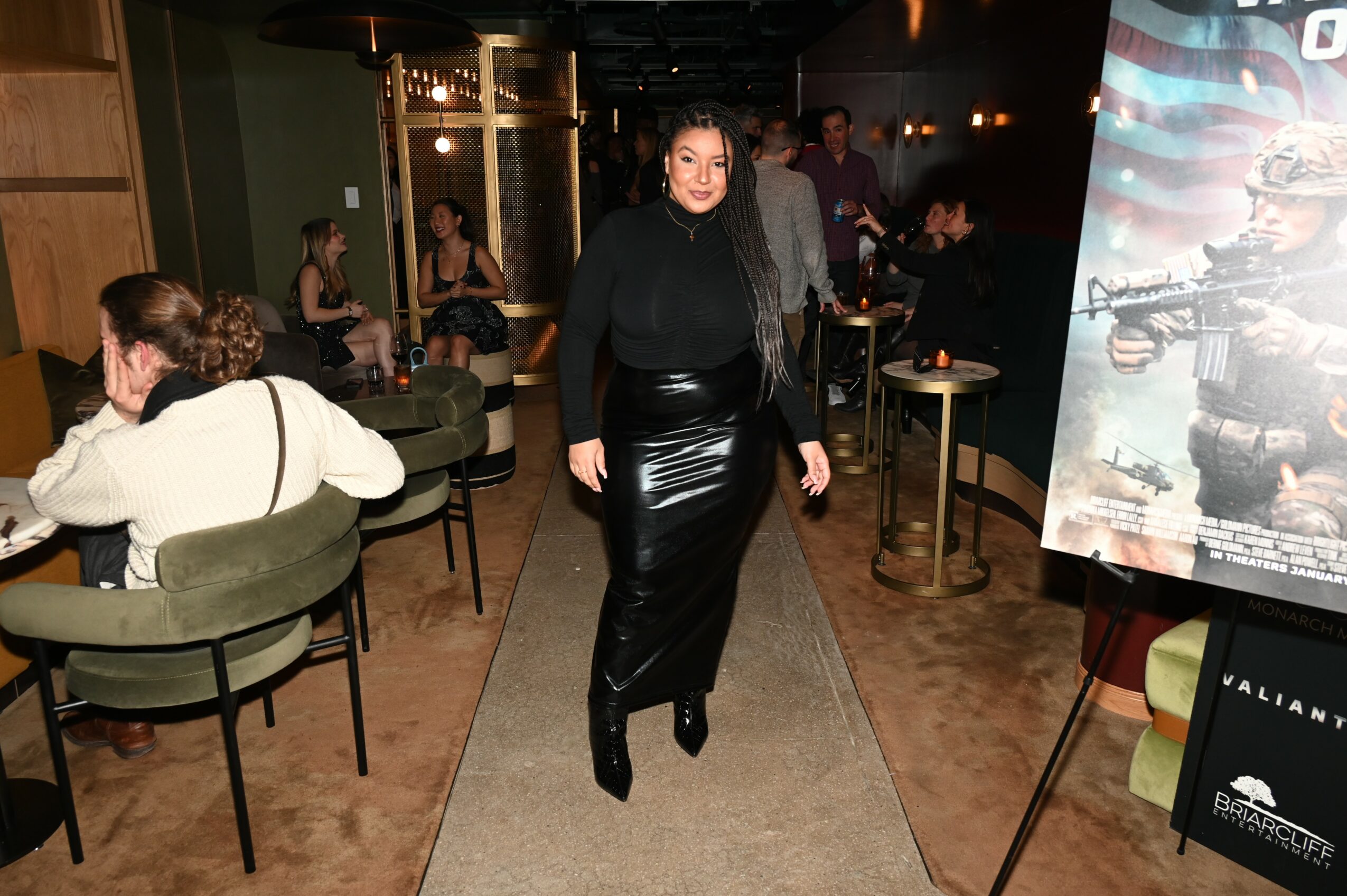
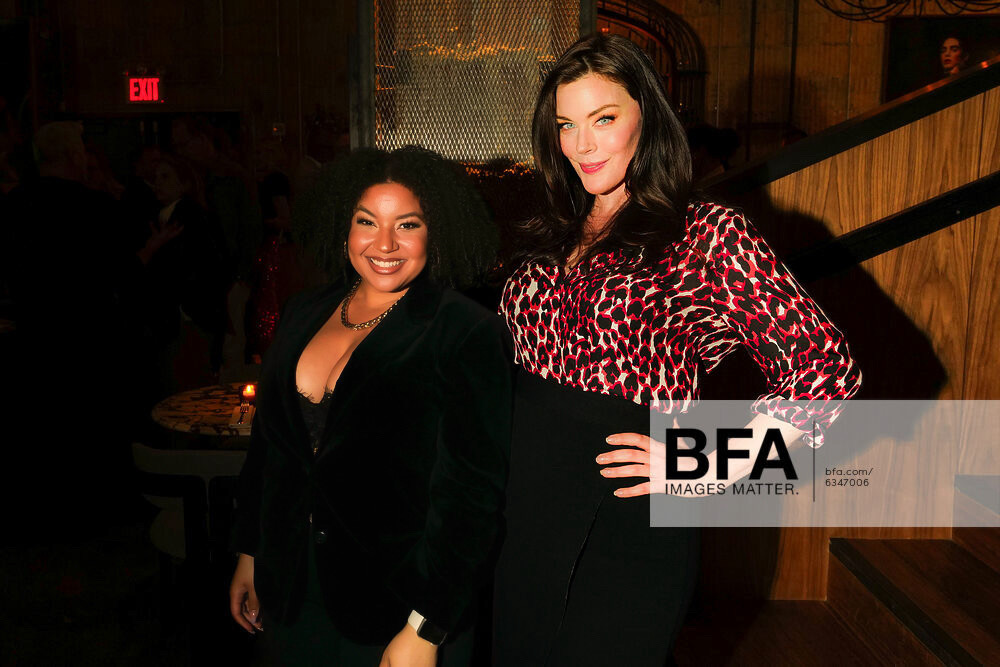
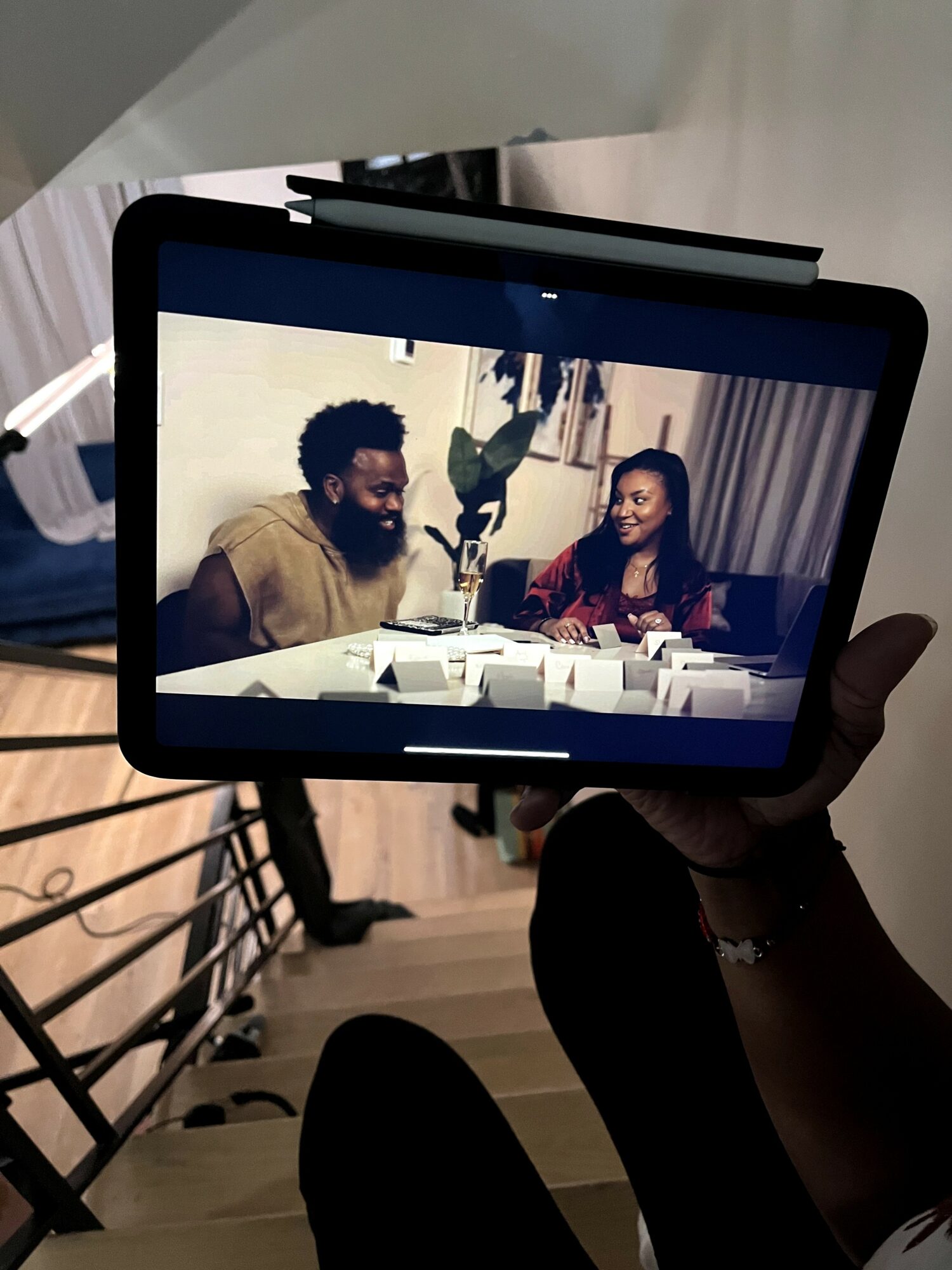
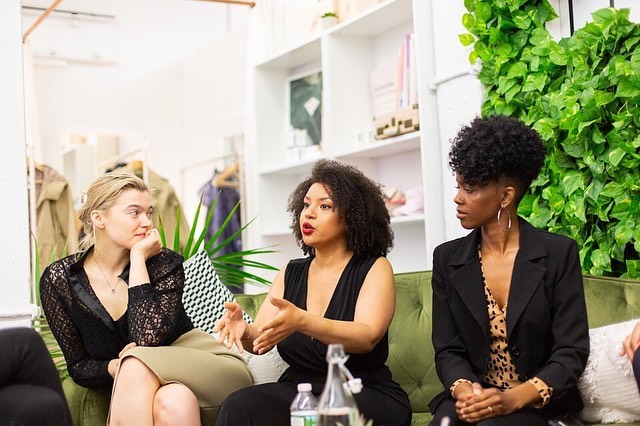
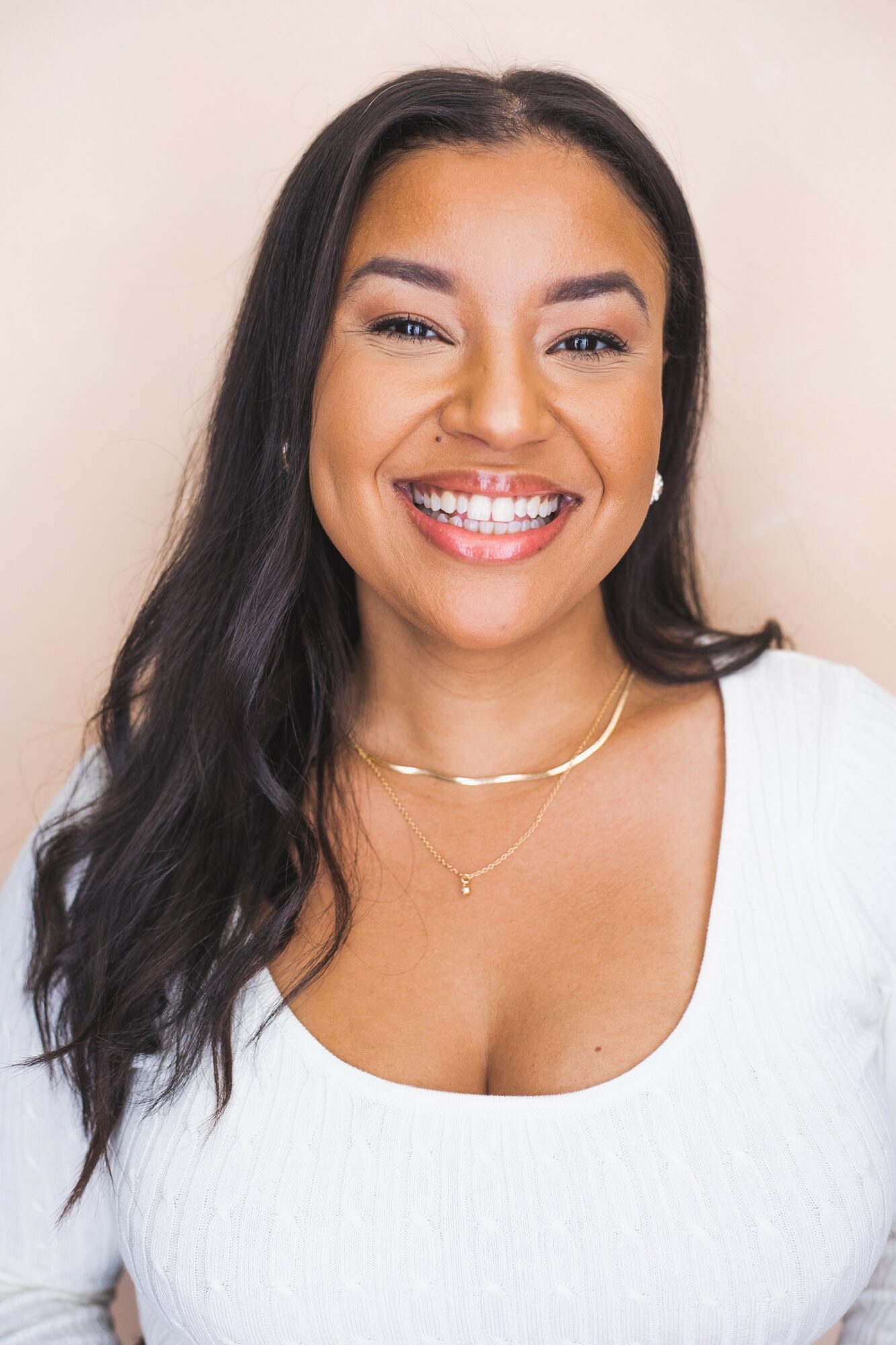
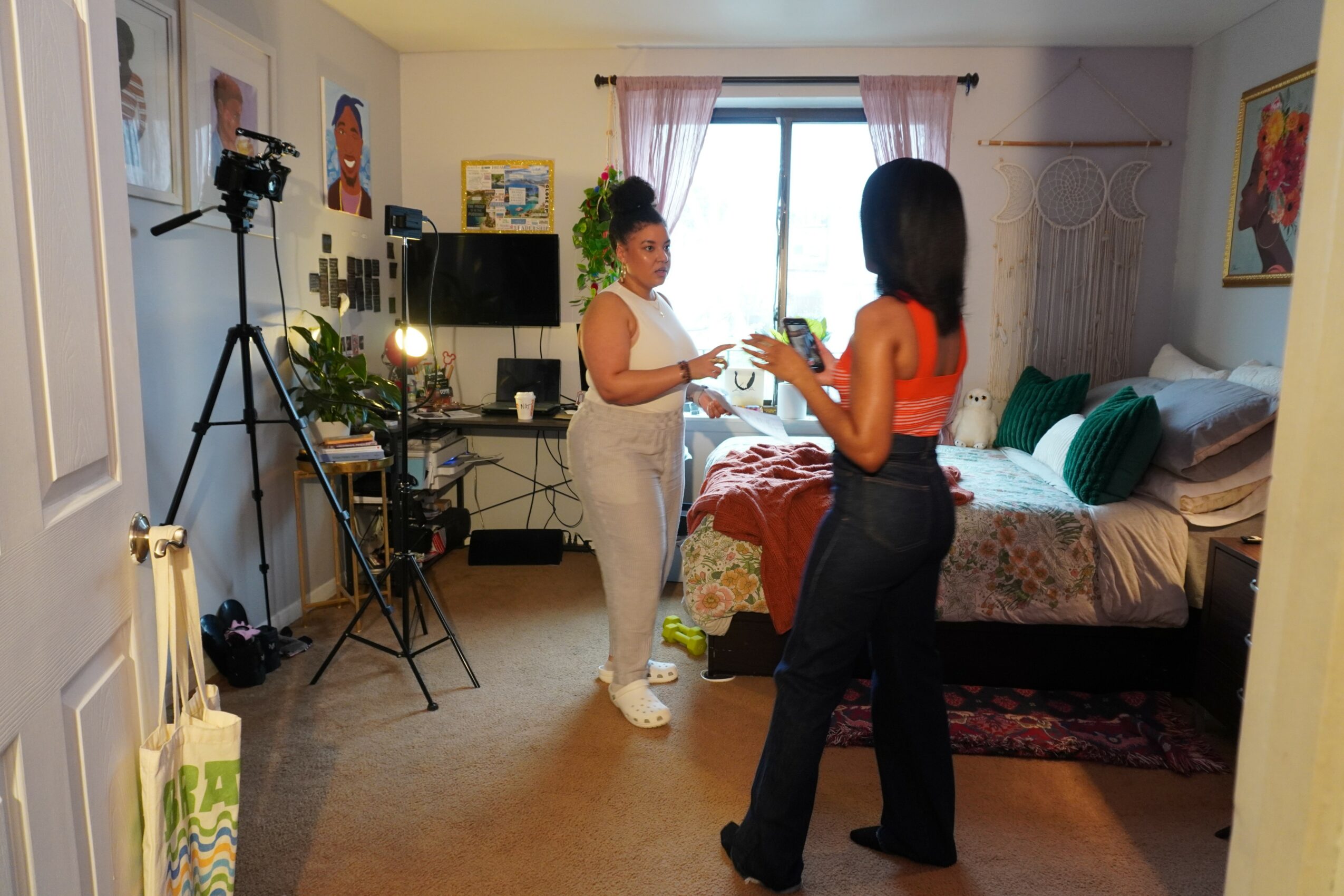
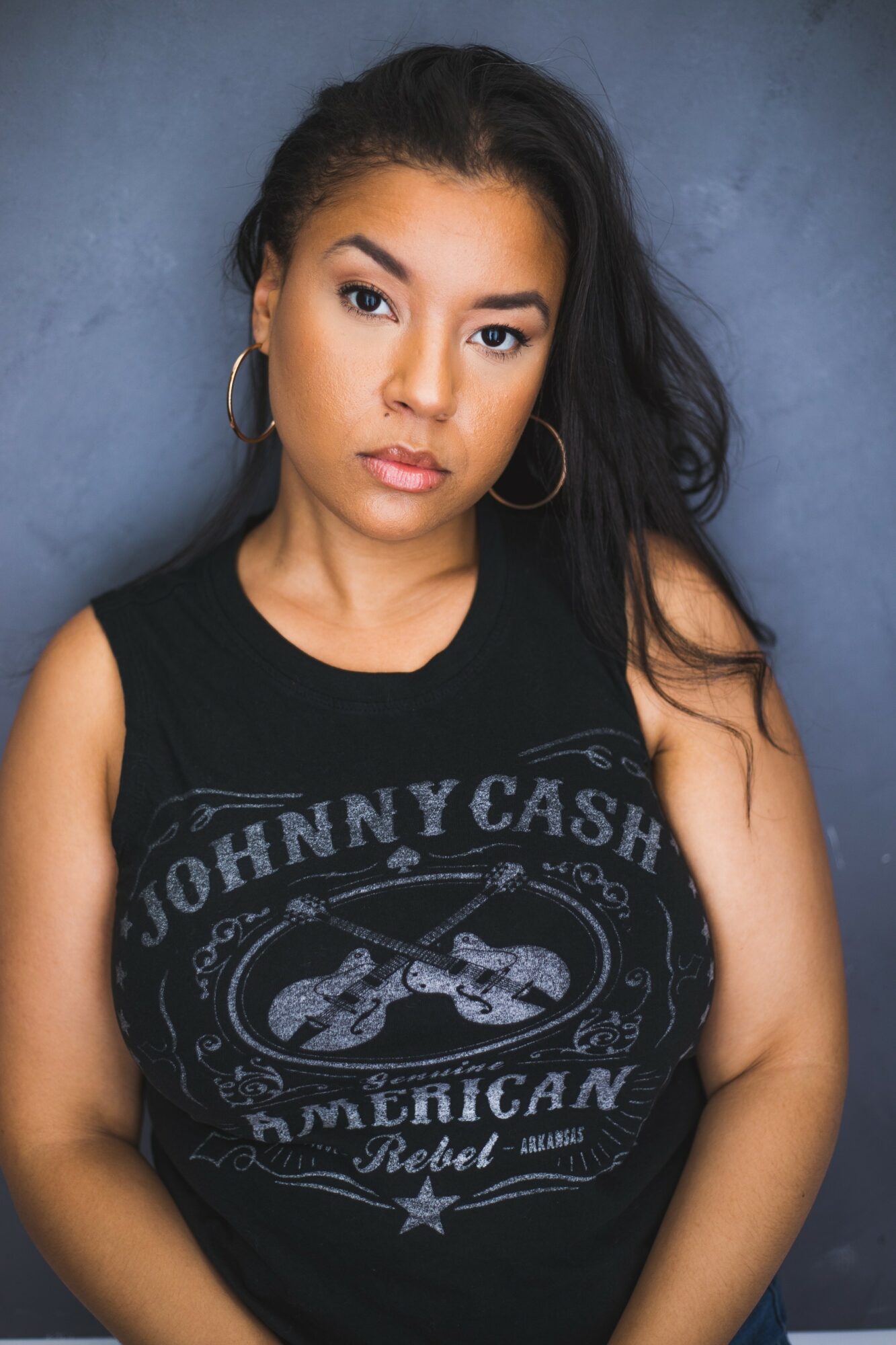
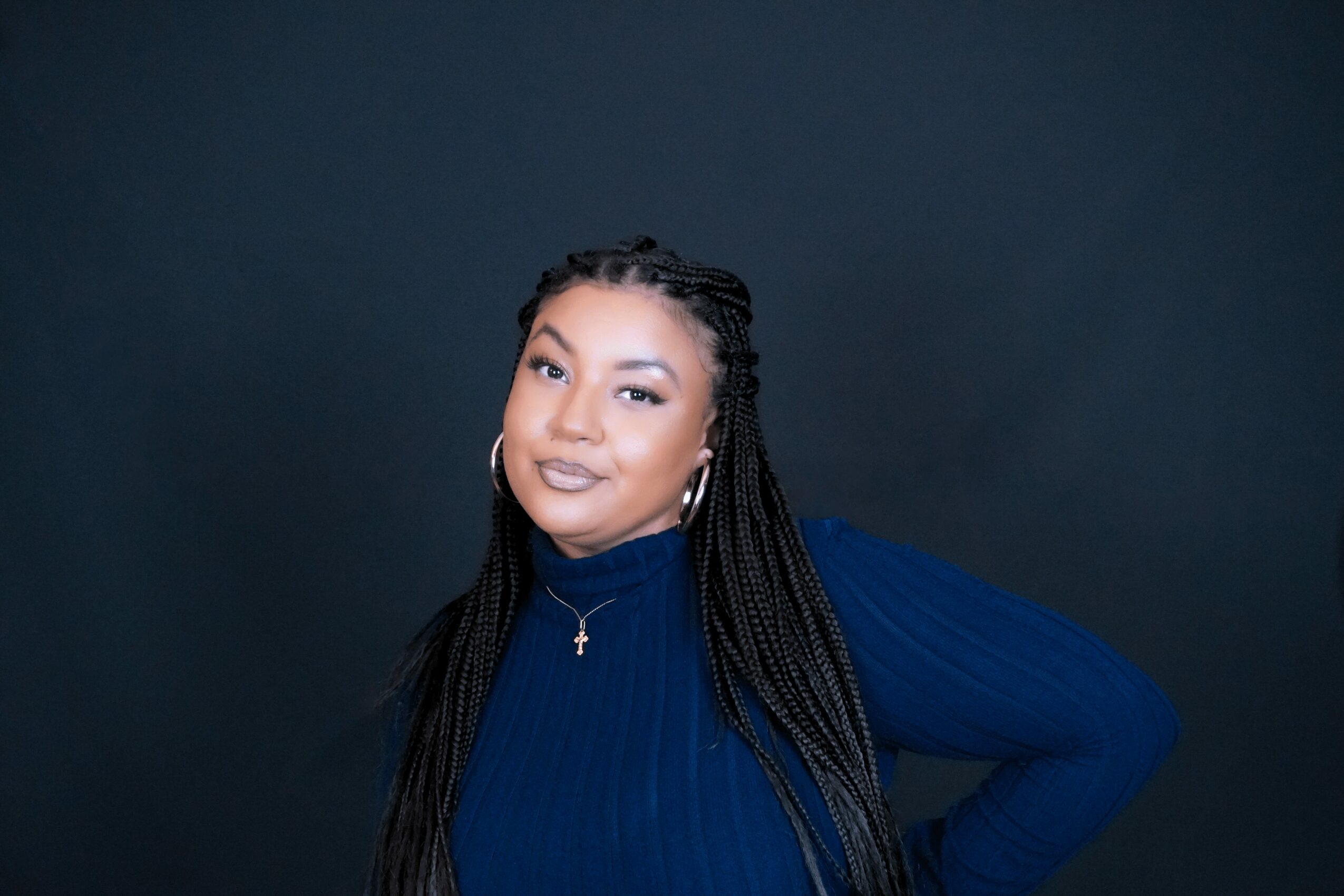
Image Credits
Aurea González
Bethie Loewenthal Torres
Latinas Acting Up
David Benthal, BFA Images
Anthony Chatmon Photography
Mauricio Jorquera













